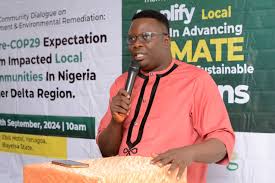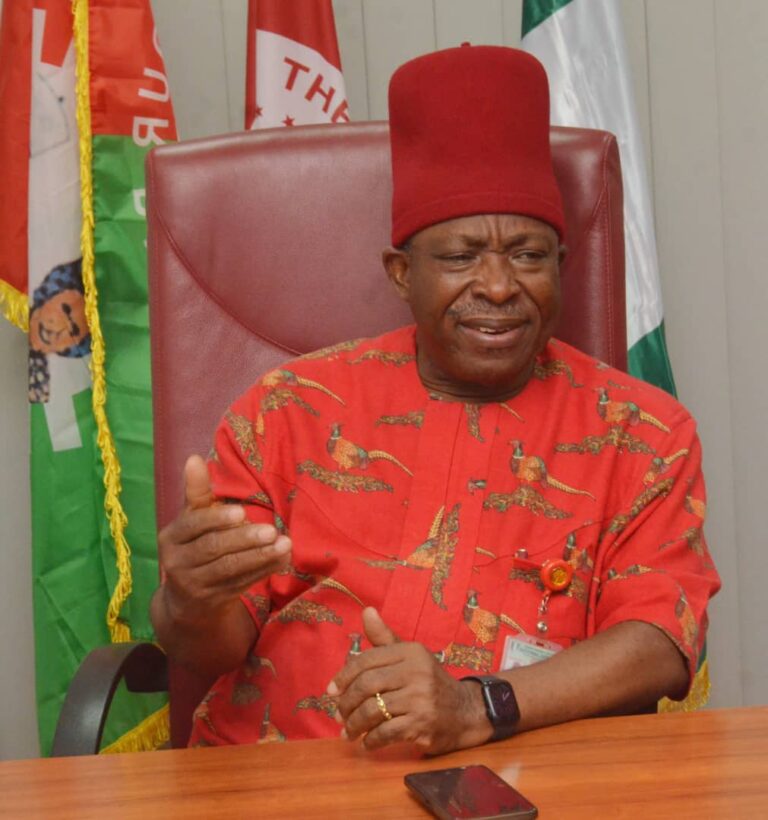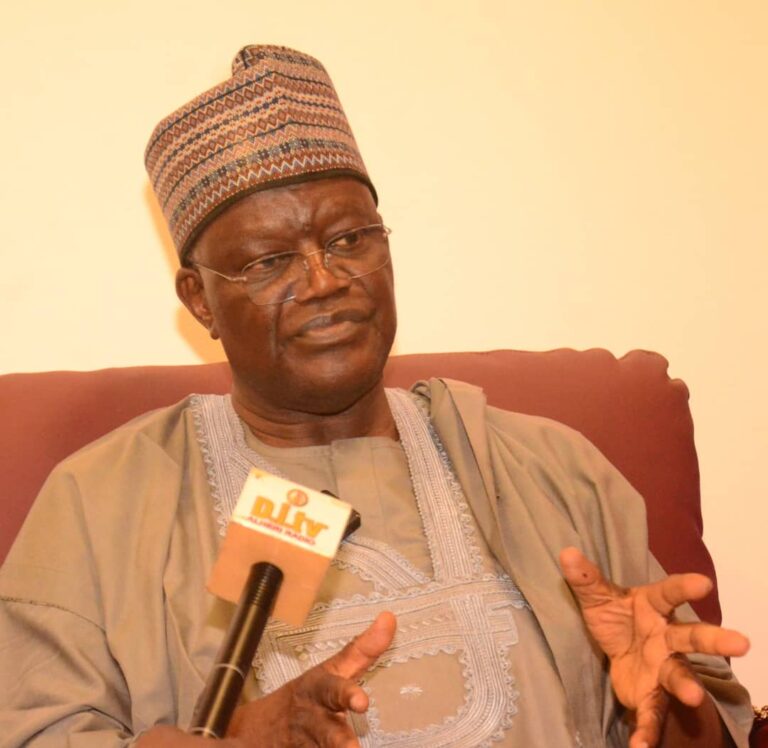
By Fatima Saka
The Federal Ministry of Environment has initiated the convening of the inaugural State Climate Desk Officers Coordination Meeting aimed at establishing a sustainable future for citizens and preserving natural resources for future generations.
This information was disclosed through press releases by Ms. Dolapo John of the Department for Climate Change. The inaugural meeting, organized by the Department of Climate Change, was conducted virtually via Zoom on Thursday.
The official inauguration was carried out by Mr. Mahmud Adam Kambari, the Permanent Secretary of the Federal Ministry of Environment, who also delivered the keynote address.
During his keynote speech, the Permanent Secretary highlighted that the emergence of climate change poses an unprecedented threat to our planet, with significant implications for our environment, economies, and societies.
He stressed the crucial role of sub national climate change officers in translating global climate objectives into tangible actions and policies that are applicable at the local level.
The Permanent Secretary emphasized the importance of the meeting to reinforce and enhance the existing collaboration between national and sub national entities, aligning efforts to meet the Ministerial High Impact Deliverables in line with the Presidential Transformative Agenda.
Furthermore, the gathering was seen as an opportunity to reintroduce the Toolkits for the States’ Climate Action Communication, developed by the Ministry and soon to be distributed to the 36 States and the FCT to enhance reporting on national climate action.
Mr. Kambari stated that the coordination conference provides a unique chance to promote collaboration, share best practices, and establish partnerships to bolster our collective impact on climate change mitigation and adaptation.
He expressed that by uniting as a community of dedicated professionals, we can leverage our expertise, exchange knowledge gained, and explore innovative solutions to address the intricate challenges posed by climate change in our regions and states.
In her remarks, Dr. Iniobong Abiola Awe, Director of the Department for Climate Change, emphasized that the Coordination Meeting serves as a crucial platform for implementing the outcomes of the 17th Session of the National Council on Environment (NCE) Resolution 9Ai.
The platform aims to bridge existing communication gaps, facilitate knowledge sharing, capacity development, and enable effective reporting of climate action, focusing on synergizing efforts at national and sub national levels to achieve climate commitments.
Regular meetings will enable Desk Officers to exchange information, best practices, and coordinate actions to enhance climate resilience and connect sub national climate endeavors with national climate objectives and priorities.
The Director mentioned that the discussions will help state climate officers identify synergies, gaps, and areas for collaboration with various stakeholders including government, civil society, academia, and the commercial sector.
She further elaborated that the platform will offer opportunities to enhance the skill development of state climate desk officials through targeted training workshops and knowledge-sharing activities.
The Director announced that the DCC has established a secretariat to oversee coordination meetings and ensure the implementation of the vision and objectives.
Professor Chukwumerije Okereke, President of the Society for Planet and Prosperity (SPP), who was invited to present the status of the Sub National Climate Governance Ranking Project, conducted in collaboration with DCC, commended the Federal Ministry of Environment and the DCC for the inaugural coordination meeting.
He expressed confidence that the initiative and platform will significantly contribute to addressing the current gap in climate change governance in Nigeria by fostering stronger climate action.
Prof. Okereke elaborated on the Climate Governance Performance Ranking of States, which builds on the Climate Action Mapping initiative completed last year in partnership with DCC and the Nigeria Governors Forum.
He explained that the ranking project evaluates five factors: climate governance and administrative structure, climate policy and action plan, climate change project implementation, climate finance and budget, and online visibility.
Prof. Okereke anticipated that the climate governance rating initiative will stimulate healthy competition and encourage state governments to strive for excellence.
He noted that the mapping initiative from the previous year had a positive impact, leading to a record number of states working on developing climate policies and action plans.
The final results of the rating and ranking exercise, along with the accompanying report, are scheduled for release during a national event in July, where the first three states will receive awards jointly presented by the Federal Ministry of Environment and the Society for Planet and Prosperity.
He encouraged the state Desk Officers to maintain their focus on promoting climate action in their respective states and assured that the Society for Planet and Prosperity is dedicated to providing capacity building and training programs for the desk officers.



